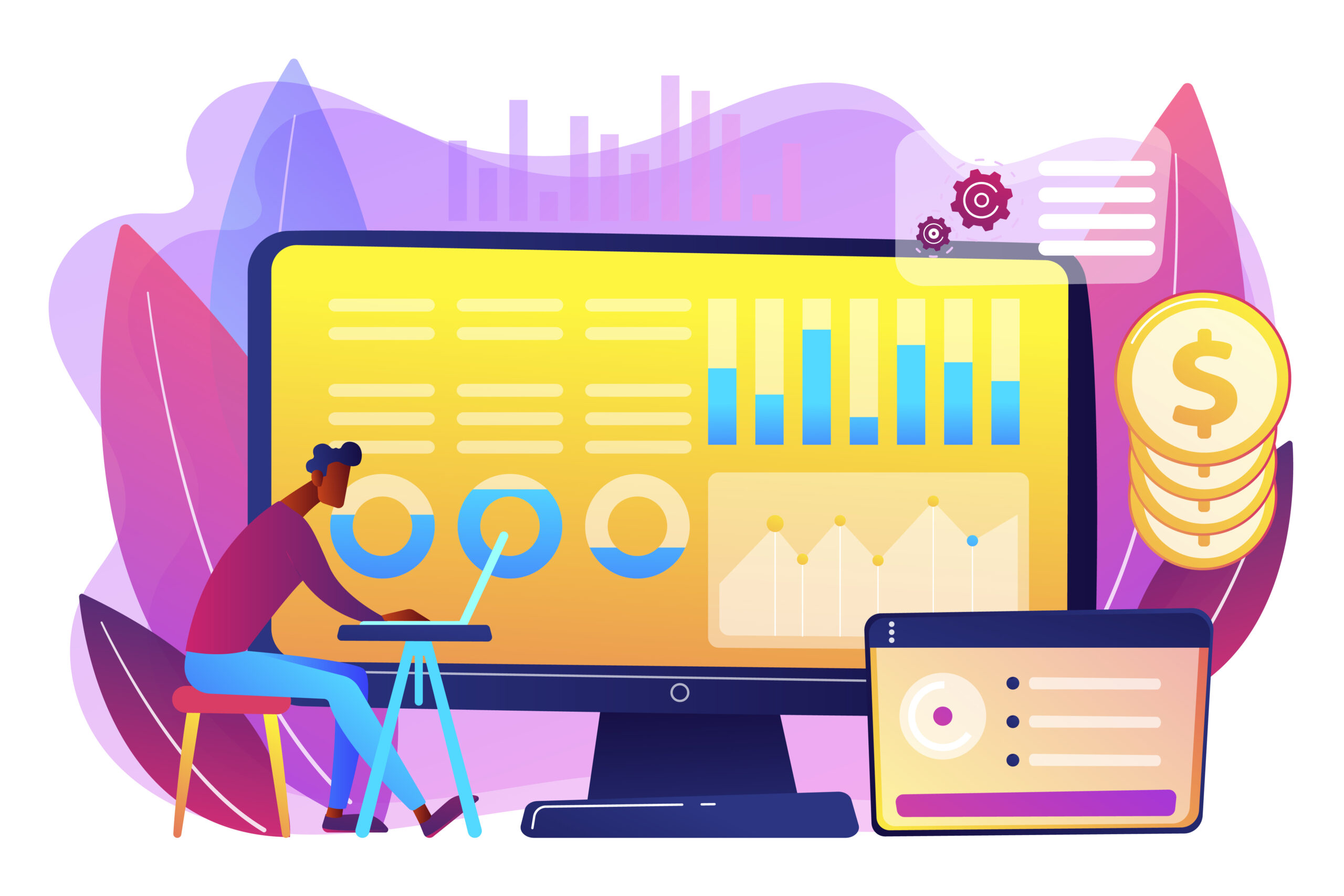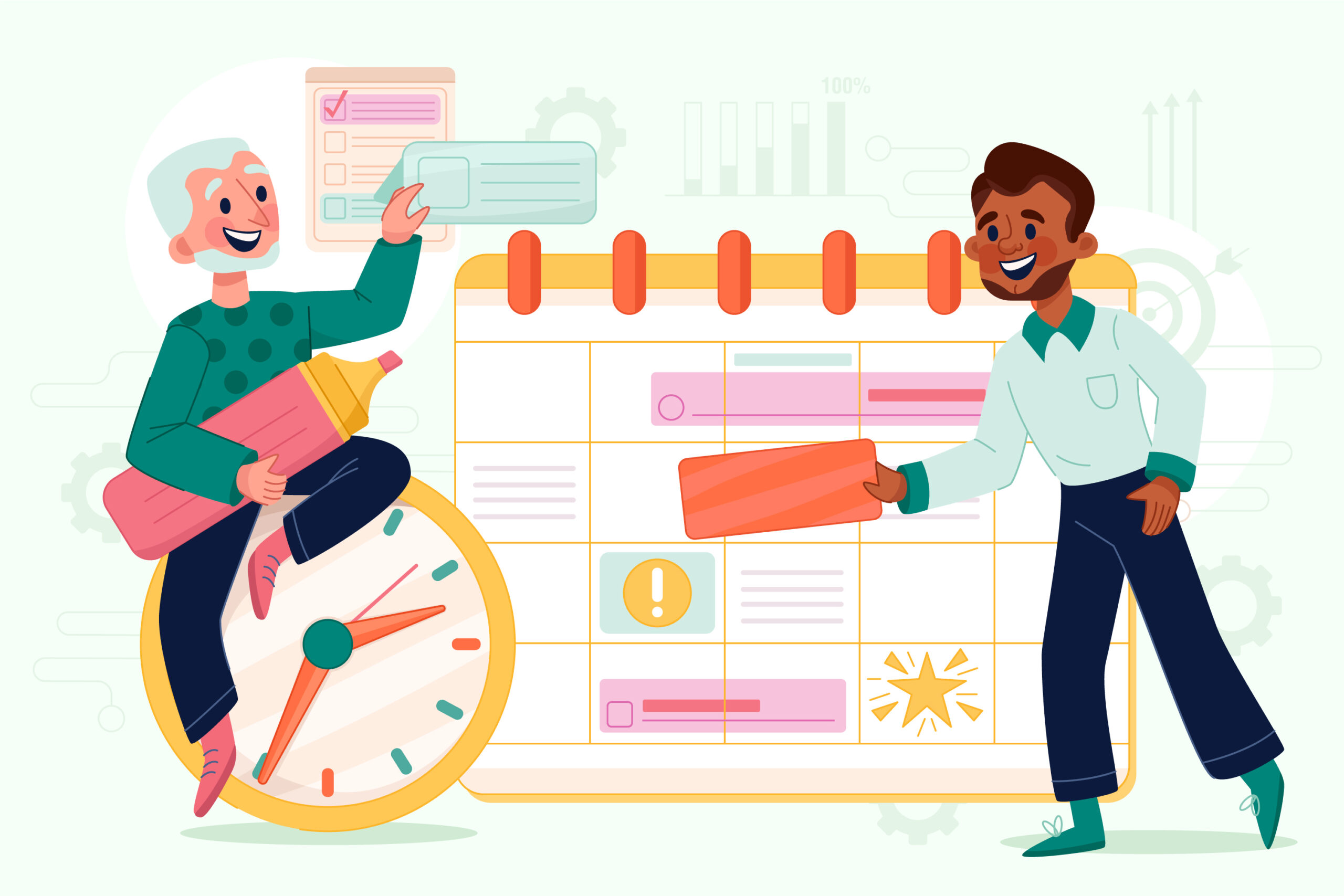
Personal Finance Hacks: Ultimate Tips to Save Money
Managing personal finances effectively is crucial for achieving financial stability and meeting your long-term goals. Whether you’re saving for a big purchase, planning for retirement, or just trying to get by, finding ways to save money can make a big difference personal finance hacks. In this article, we will explore some of the best personal finance hacks that can help you save money and improve your financial health.
Understanding Personal Finance
Before diving into specific money-saving tips, it’s essential to understand what personal finance encompasses. Personal finance involves managing your money, including budgeting, saving, investing, and planning for future expenses. Good personal finance hacks practices can help you achieve financial goals, avoid debt, and build wealth over time.
1. Create a Budget
One of the most fundamental steps in managing your personal finance hacks is creating a budget. A budget helps you track your income and expenses, ensuring you live within your means.
How to Create a Budget
- Track Your Income: Start by listing all sources of income, including your salary, bonuses, and any side jobs.
- List Your Expenses: Record all your monthly expenses, such as rent, utilities, groceries, and entertainment.
- Set Spending Limits: Based on your income and expenses, set limits for different spending categories.
- Monitor and Adjust: Regularly review your budget to make adjustments based on changes in income or expenses.
Benefits of Budgeting
- Improves Financial Awareness: Knowing where your money goes helps you make informed decisions.
- Helps Achieve Financial Goals: A budget can help you save for goals like vacations, a new car, or an emergency fund.
- Reduces Financial Stress: By managing your money effectively, you can reduce anxiety about finances.
2. Build an Emergency Fund
An emergency fund is money set aside to cover unexpected expenses, such as medical bills or car repairs. Having an emergency fund can prevent you from going into debt when unexpected costs arise.
How to Build an Emergency Fund
- Set a Savings Goal: Aim to save three to six months’ worth of living expenses.
- Open a Separate Account: Keep your emergency fund in a separate savings account to avoid spending it on regular expenses.
- Automate Savings: Set up automatic transfers from your checking account to your emergency fund.
Benefits of an Emergency Fund
- Provides Financial Security: An emergency fund acts as a financial cushion during unexpected events.
- Prevents Debt Accumulation: With an emergency fund, you’re less likely to rely on credit cards or loans for unexpected expenses.
- Reduces Financial Stress: Knowing you have funds available for emergencies can provide peace of mind.
3. Reduce Unnecessary Expenses
Identifying and cutting out unnecessary expenses is a great way to save money. Review your spending habits to find areas where you can cut back.
Tips to Reduce Expenses
- Cancel Unused Subscriptions: Review and cancel subscriptions or memberships you no longer use.
- Cook at Home: Prepare meals at home instead of eating out, which can be more cost-effective and healthier.
- Compare Prices: Shop around for the best prices on products and services.
- Use Coupons and Discounts: Take advantage of coupons, promo codes, and discounts when shopping.
Benefits of Reducing Expenses
- Increases Savings: Cutting unnecessary expenses allows you to allocate more money toward savings or investments.
- Improves Financial Health: Reducing expenses can help you stay within your budget and avoid debt.
- Encourages Smart Spending: Being mindful of your spending helps you make more informed financial decisions.
4. Pay Off Debt Strategically
Debt can be a significant financial burden, so paying it off strategically is crucial. Focus on reducing high-interest debt first to save money on interest.
Strategies to Pay Off Debt
- Snowball Method: Pay off your smallest debts first while making minimum payments on larger debts. Once a debt is paid off, apply that payment to the next smallest debt.
- Avalanche Method: Focus on paying off high-interest debt first while making minimum payments on lower-interest debts.
- Negotiate Lower Interest Rates: Contact creditors to negotiate lower interest rates on credit cards or loans.
- Consolidate Debt: Consider consolidating multiple debts into one loan with a lower interest rate.
Benefits of Paying Off Debt
- Reduces Interest Payments: Paying off high-interest debt can save you money on interest over time.
- Improves Credit Score: Reducing your debt load can positively impact your credit score.
- Increases Financial Freedom: Being debt-free allows you to allocate more money toward savings and investments.
5. Save on Utilities
Lowering your utility bills is another effective way to save money. Small changes in your daily habits can lead to significant savings.
Tips to Save on Utilities
- Use Energy-Efficient Appliances: Invest in appliances that use less energy to reduce electricity bills.
- Unplug Devices: Unplug electronic devices when not in use to prevent “phantom” energy consumption.
- Adjust Thermostat Settings: Lower your thermostat in the winter and raise it in the summer to save on heating and cooling costs.
- Fix Leaks: Repair any leaks in faucets or toilets to save water and reduce your water bill.
Benefits of Saving on Utilities
- Reduces Monthly Expenses: Lower utility bills contribute to overall savings and financial stability.
- Environmental Impact: Using less energy and water benefits the environment by reducing resource consumption.
- Encourages Energy Efficiency: Adopting energy-efficient practices can lead to long-term cost savings.
6. Invest Wisely
Investing your money wisely can help you grow your wealth over time. Understanding different investment options and strategies is essential for making informed decisions.
Investment Options
- Stocks: Buying shares in companies can provide potential for significant returns but comes with higher risk.
- Bonds: Bonds are less risky than stocks and provide regular interest payments.
- Mutual Funds: Mutual funds pool money from multiple investors to invest in a diversified portfolio of stocks and bonds.
- Retirement Accounts: Contributing to retirement accounts like 401(k)s or IRAs offers tax advantages and helps you save for the future.
Benefits of Investing
- Builds Wealth: Investing allows your money to grow over time, potentially leading to significant financial gains.
- Provides Passive Income: Investments can generate passive income through dividends or interest payments.
- Achieves Financial Goals: Smart investing helps you reach financial goals, such as retirement or buying a home.
7. Automate Savings and Investments
Automating your savings and investments can help you stay consistent and make saving money easier. Set up automatic transfers to ensure you regularly contribute to your savings or investment accounts.
How to Automate Savings
- Set Up Automatic Transfers: Arrange for a portion of your paycheck to be automatically transferred to a savings account or investment fund.
- Use Apps: Many finance apps allow you to automate savings by rounding up purchases or setting aside a fixed amount regularly.
- Enroll in Retirement Plans: Contribute to employer-sponsored retirement plans through automatic payroll deductions.
Benefits of Automation
- Promotes Consistency: Automating savings ensures you regularly contribute to your financial goals without having to think about it.
- Reduces Temptation: Automatic transfers reduce the temptation to spend money that should be saved.
- Simplifies Financial Management: Automation makes managing your finances easier and less time-consuming.
8. Take Advantage of Employer Benefits
Many employers offer benefits that can help you save money, such as retirement plans, health insurance, and employee discounts. Make sure you’re taking full advantage of these offerings.
Employer Benefits to Consider
- Retirement Contributions: Contribute to employer-sponsored retirement plans like a 401(k) or 403(b) to benefit from matching contributions and tax advantages.
- Health Savings Accounts (HSAs): Use HSAs to save money for medical expenses with tax benefits.
- Employee Discounts: Take advantage of discounts on products or services offered by your employer.
Benefits of Employer Benefits
- Increases Savings: Employer contributions to retirement plans or HSAs enhance your savings.
- Reduces Out-of-Pocket Costs: Health insurance and other benefits help cover medical and other expenses.
- Provides Additional Perks: Employee discounts can save you money on everyday purchases.
9. Shop Smart
Smart shopping strategies can help you save money on everyday purchases and special items.
Tips for Smart Shopping
- Compare Prices: Use comparison websites or apps to find the best prices on products and services.
- Buy in Bulk: Purchase non-perishable items in bulk to save money on unit prices.
- Use Cashback Apps: Earn cashback on purchases through apps or credit cards that offer rewards.
- Wait for Sales: Time your purchases around sales events or holiday discounts to get the best deals.
Benefits of Smart Shopping
- Saves Money: Smart shopping techniques help you find the best deals and reduce spending.
- Maximizes Value: Buying in bulk and using cashback offers provides greater value for your money.
- Encourages Informed Decisions: Comparing prices and waiting for sales promotes more thoughtful spending.
10. Review and Adjust Financial Goals Regularly
Regularly reviewing and adjusting your financial goals ensures you stay on track and make necessary changes based on your current situation.
How to Review Financial Goals
- Set Specific Goals: Define clear, measurable financial goals, such as saving a certain amount for a vacation or paying off a debt.
- Monitor Progress: Track your progress toward achieving your goals and make adjustments as needed.
- Reevaluate Goals: Periodically reassess your financial goals based on changes in income, expenses, or life circumstances.
Benefits of Reviewing Goals
- Ensures Progress: Regularly reviewing your goals helps you stay focused and motivated.
- Allows Adjustments: Adjusting goals based on changing circumstances ensures they remain realistic and achievable.
- Improves Financial Planning: Regular goal reviews enhance your overall financial planning and decision-making.
You can also read : Best Finance Apps for Organizing Your Personal Finances
Conclusion
Saving money and managing personal finance hacks effectively requires a combination of budgeting, strategic spending, and smart investing. By implementing these personal finance hacks, such as creating a budget, building an emergency fund, reducing unnecessary expenses, and investing wisely, you can improve personal finance hacks health and achieve your long-term goals. Remember, the key to successful financial management is consistency and making informed decisions. Start applying these tips today and take control of your financial future.






Leave a Reply